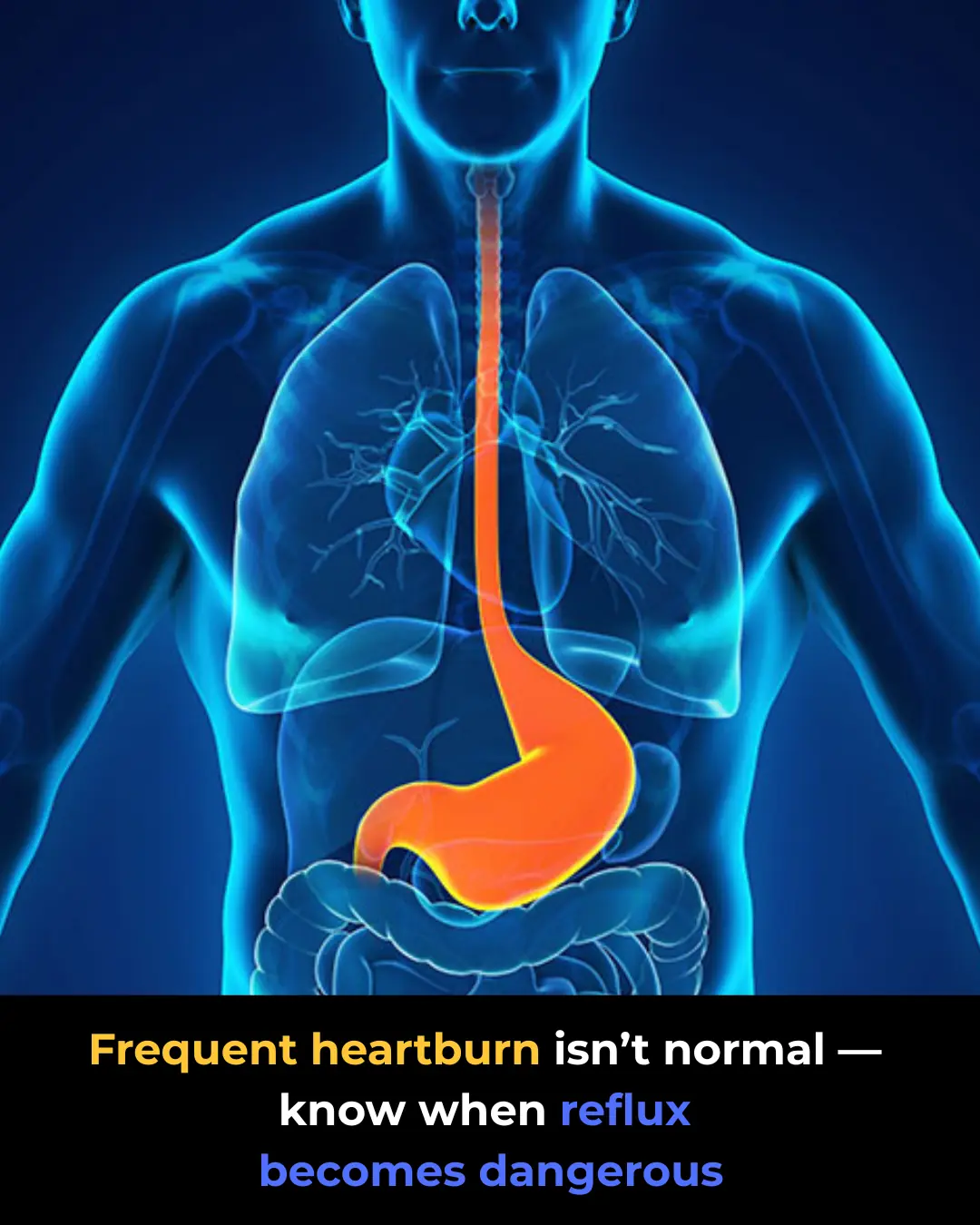
What to Expect After Gallbladder Surgery: Side Effects and Dietary Tips
What to Expect After Gallbladder Surgery: Side Effects and Dietary Tips
Your gallbladder is located just underneath your liver and releases fat-digesting bile into the duodenum when you eat. There are several conditions that can affect your gallbladder, such as gallstones, acute cholecystitis, gallstone pancreatitis, and on rare occasions, gallbladder cancer. These conditions often require gallbladder surgery, which can sometimes present various side effects. Let’s take a look at what you can expect after gallbladder surgery as well as a few helpful dietary tips.
Changes In Your Body After Gallbladder Surgery

The majority of gallbladder conditions are treated with a cholecystectomy (gallbladder removal). Your gallbladder is not regarded as an essential organ and people typically live a normal life after surgery. However, there are a few potential side effects that you could experience. According to the Mayo Clinic, some studies show that up to 20% of individuals report experiencing diarrhea after gallbladder surgery. This is because bile flows directly into the intestine after surgery, which can potentially irritate the bowel. A very common side effect in the first few post-surgery weeks is bloating. This happens because fat digestion is less efficient without a gallbladder, which can result in gas, indigestion, and bloating.
Approximately 5 to 40% of gallbladder surgery patients report experiencing symptoms collectively referred to as Post-Cholecystectomy syndrome. These symptoms occur due to irregular bile flow and include nausea and upper abdominal pain. Even without a gallbladder, stones can still form in the bile duct itself. This is known as Choledocholithiasis and can cause infection and pain. This is a relatively rare side effect but can potentially arise in people who previously had gallstones. Bile acid malabsorption is reportedly experienced by around 5 to 10% of gallbladder surgery patients. When excess bile enters the colon, it can sometimes overwhelm your intestine’s ability to reabsorb it. This often results in bile acid diarrhea and reduced fat absorption in rare instances.
Changes in Appetite and Weight

After gallbladder surgery, some patients find that they struggle to eat certain kinds of food, particularly greasy and fatty foods. In most cases, this is a short-term issue, however, some people need to make long-term adjustments to their diet. Some people also report sudden weight gain or loss. While not directly caused by the surgery itself, some people experience weight gain or loss due to a change in their dietary habits after gallbladder surgery. Doctors recommend that your diet should consist of clear liquids, broth, and gelatin for the first few days after surgery. You should also stay away from any alcohol for at least two days after gallbladder surgery. You can gradually start moving to small meals of solid food after the first few days.
Foods To Eat and Avoid After Gallbladder Surgery

While there is no set post-surgery diet recommended to patients, there are certain guidelines you can follow. Diarrhea is quite a common side effect, so it’s important that you stay hydrated. Drink a lot of water, broth, and drinks that will help replace the minerals, fluids, and vitamins lost through diarrhea. It is far less likely that you will experience diarrhea, bloating, and gas if you stick to low-fat foods. These include beans, oatmeal, whole grains, vegetables, fruits, and fat-free dairy products. You should also gradually introduce foods that are high in fiber, such as prunes, oat bran, chickpeas, beets, and okra. Foods that are high in soluble fiber are also beneficial and include wheat germ, legumes, carrots, nuts, potatoes, and spinach.
To avoid common side effects such as diarrhea, there are also certain foods that you should avoid as much as possible. You should try avoiding high-fat foods such as lard, butter, bacon fat, hot dogs, salami, processed baked goods, and pork. You should also initially steer clear of foods that can potentially irritate your stomach lining, such as spices that contain capsaicin. In general, it’s recommended to stay away from any foods that would usually worsen diarrhea, such as very sweet foods, high-fat dairy products, and products containing caffeine. Using a food journal to track what you eat may help you identify any foods that may potentially be causing problems after gallbladder surgery. Most patients are able to return to a normal diet after about a month after having their surgery.
Disclaimer: This information is not intended to be a substitute for professional medical advice, diagnosis or treatment and is for information only. Always seek the advice of your physician or another qualified health provider with any questions about your medical condition and/or current medication. Do not disregard professional medical advice or delay seeking advice or treatment because of something you have read here.
News in the same category


Hypothyroidism: The Silent Condition With Easily Overlooked Symptoms

3 pain areas on your body that might be early cancer warning signs

A New Era of Near Vision Clarity Through VIZZ Eye Drops

Vaping harms your heart more than you realize

Ever Wake Up But Can’t Move
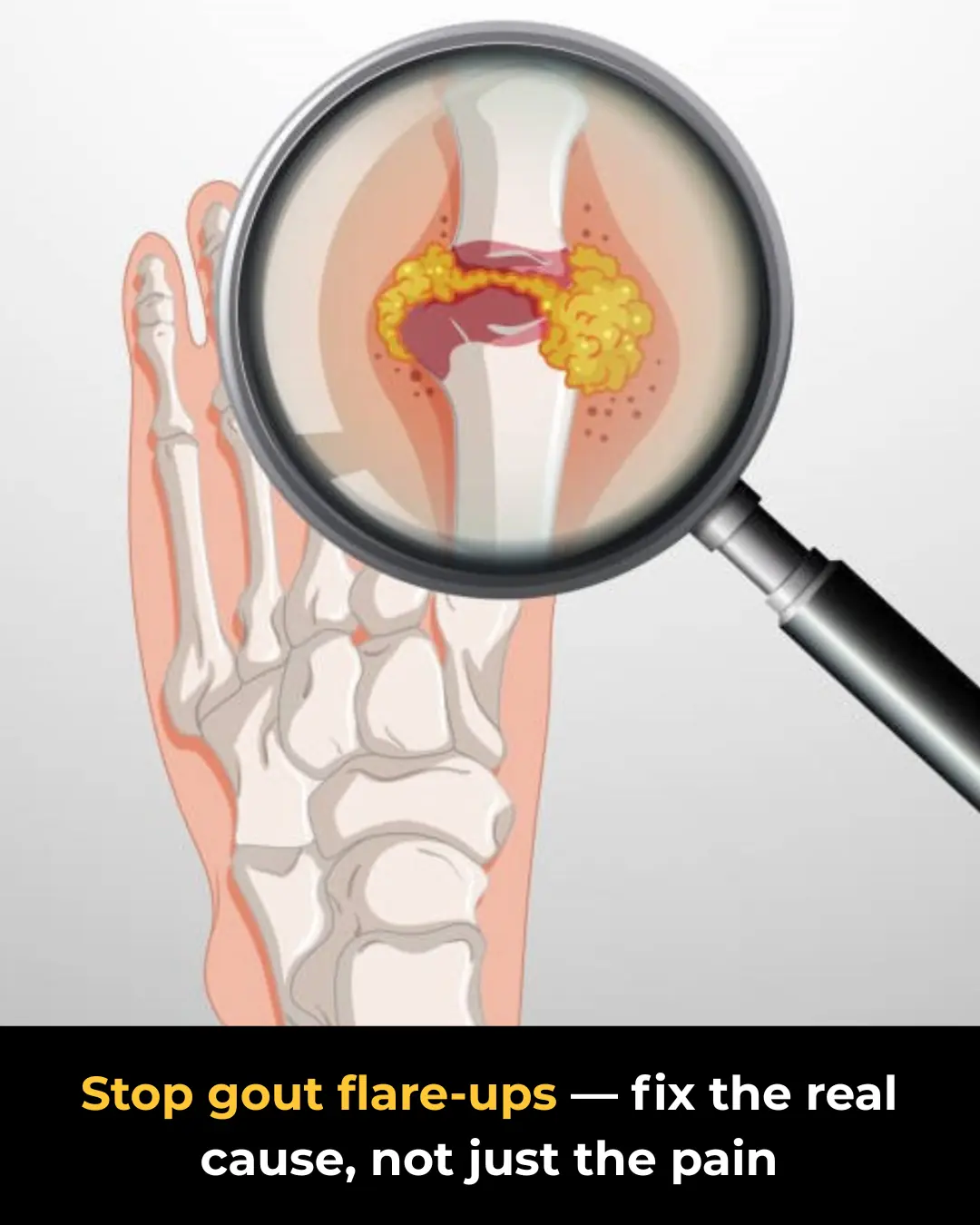
Gout Disease: The Untold Truth and 5 Common Treatment Mistakes
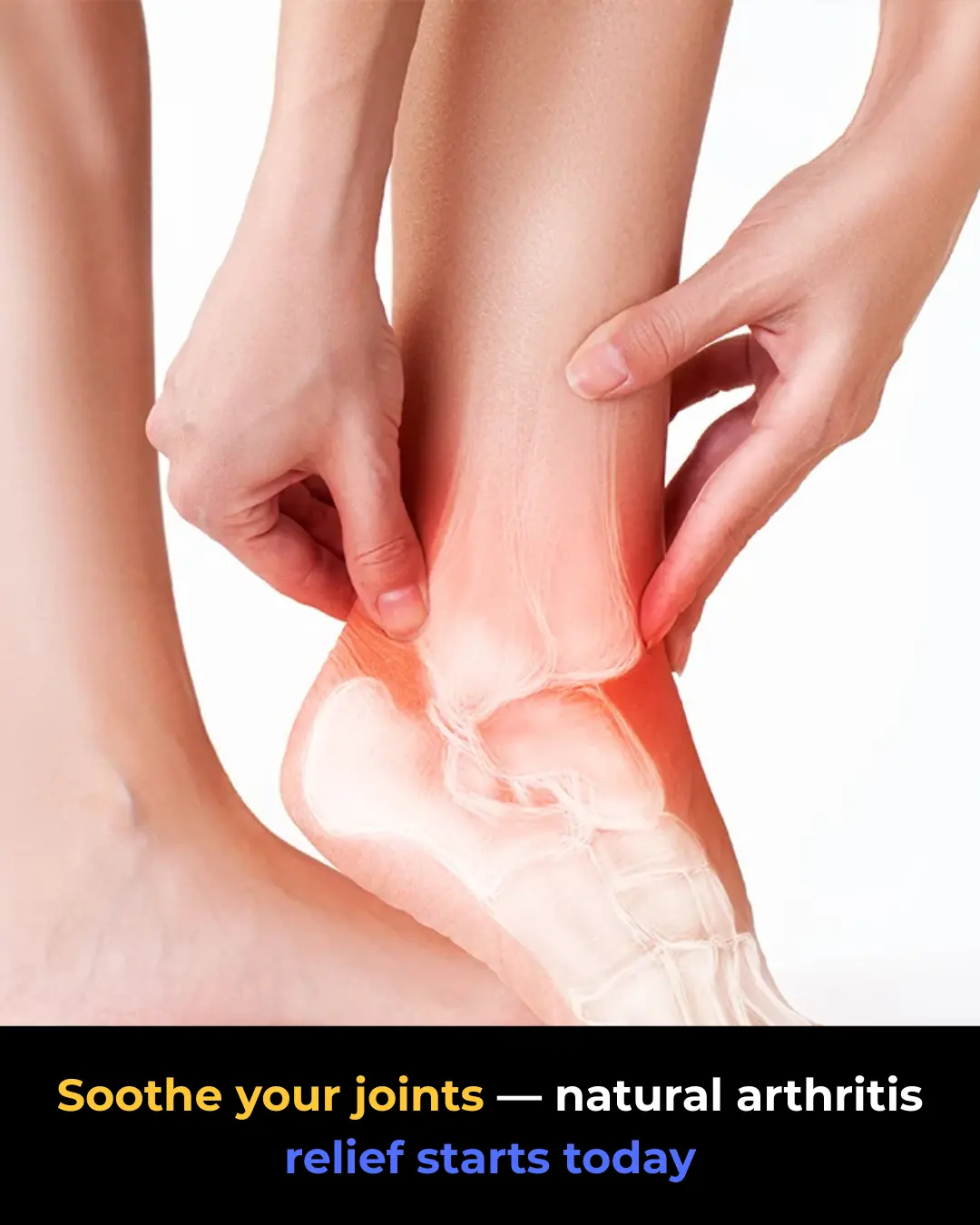
Arthritis Explained: Types, Causes, and Natural Pain Relief Methods
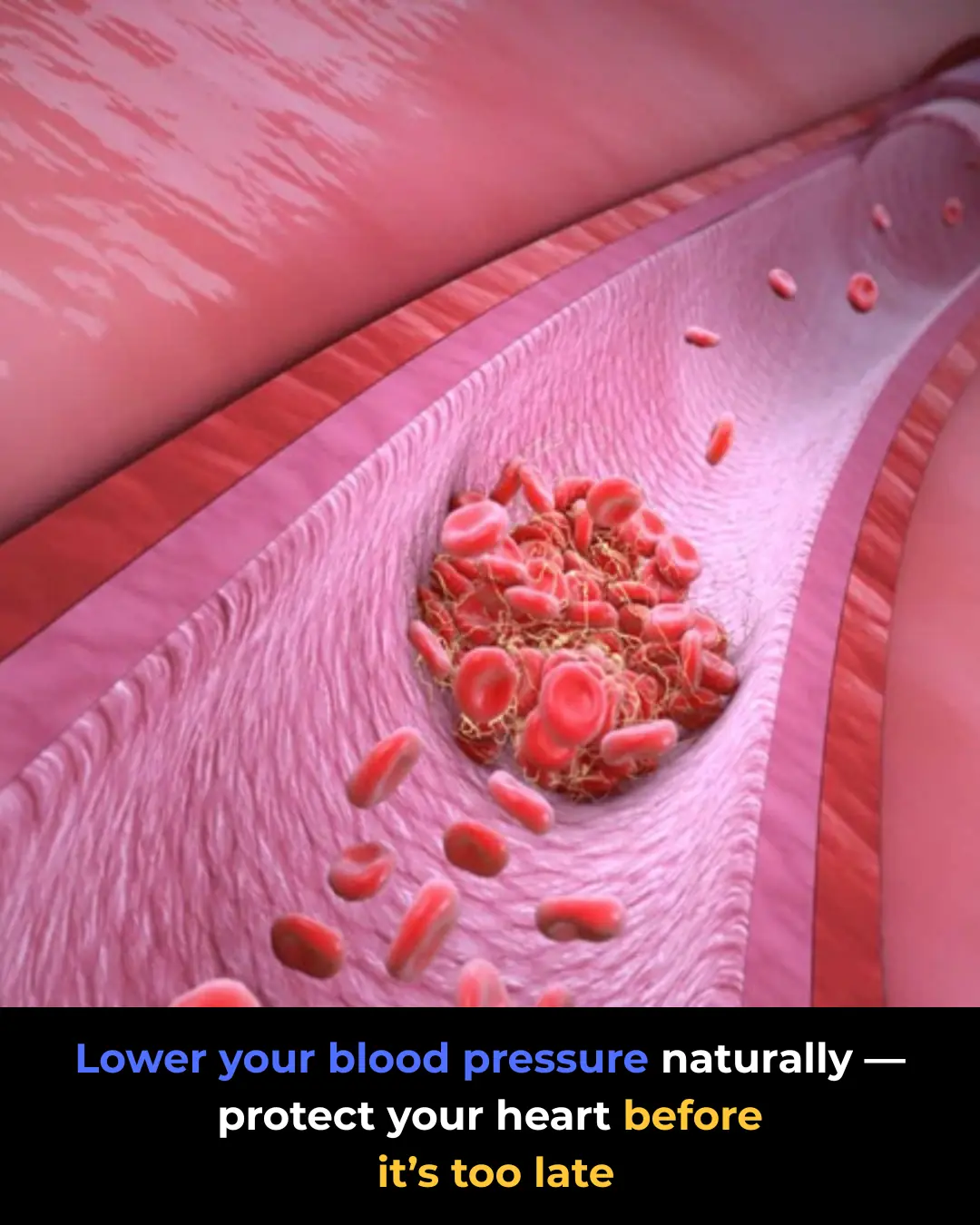
High Blood Pressure: Why It’s Dangerous and How to Stabilize It Naturally
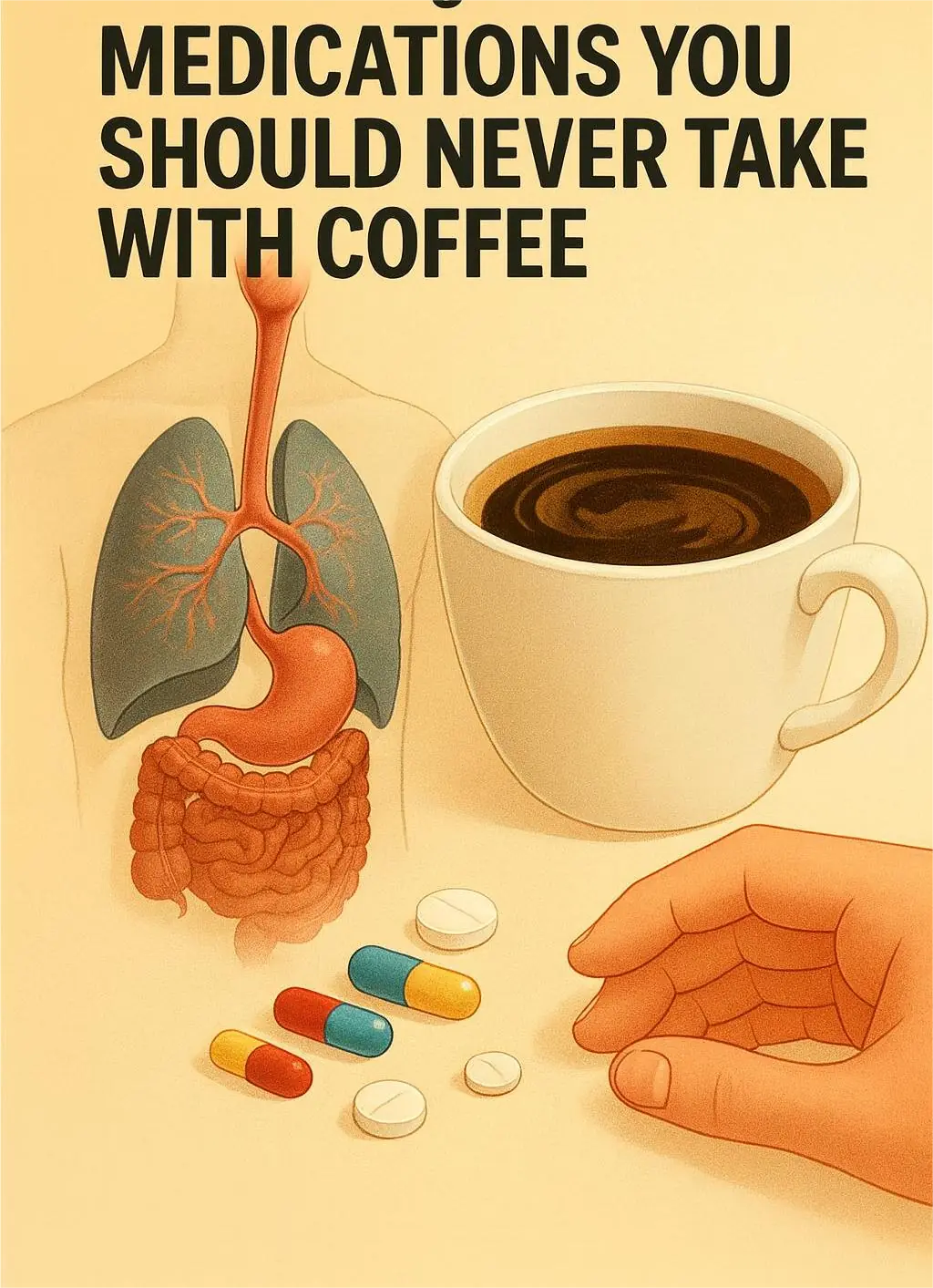
MEDICATIONS YOU SHOULD NEVER TAKE WITH COFFEE

10 Best Foods to Detox Your Kidneys and Protect Renal Health
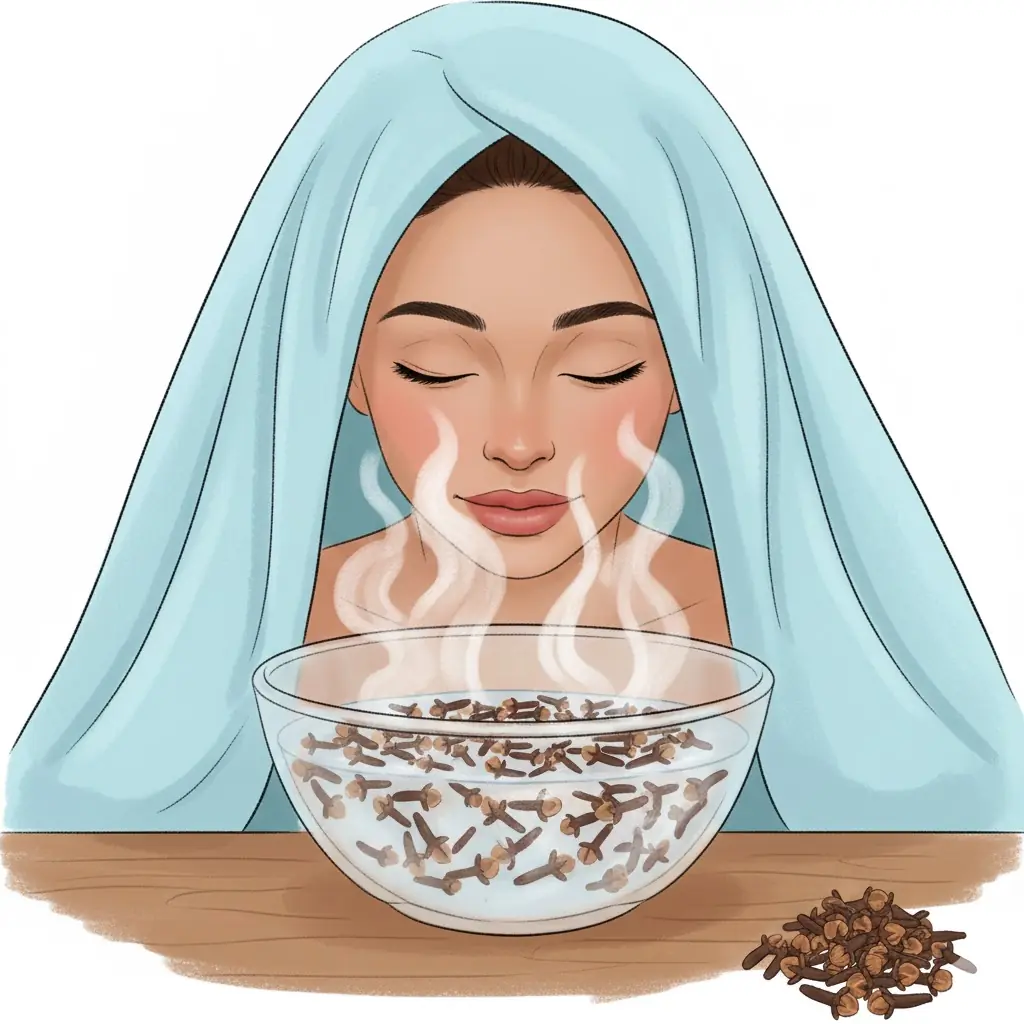
The Power of Clove Steam Inhalation (Respiratory Relief You Can Feel Immediately)
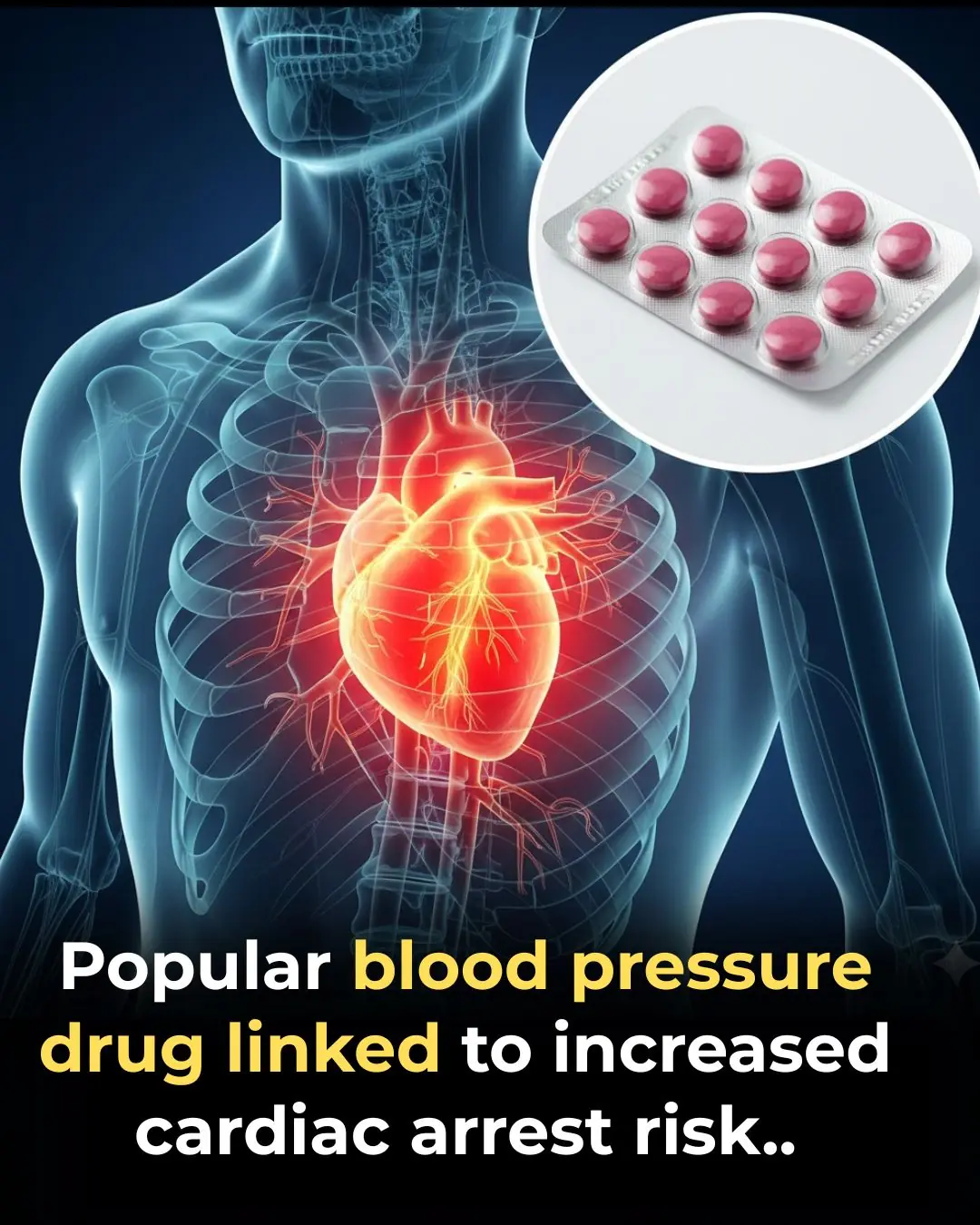
Popular blood pressure drug linked to increased cardiac arrest risk

Powerful Health Benefits of Pineapple You Should Know
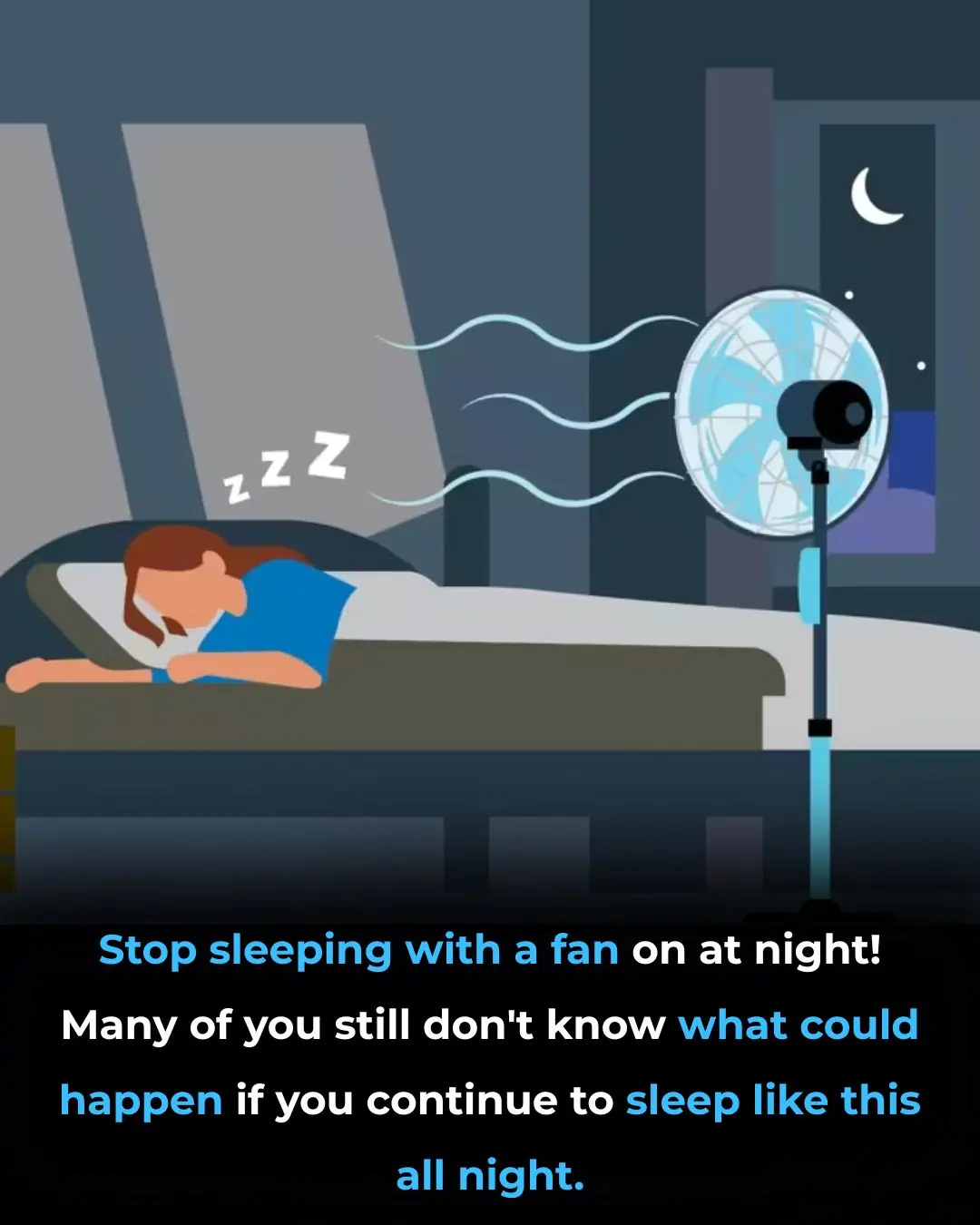
The Surprising Health Benefits of Sleeping in a Cold Room

High Blood Sugar Warning Signs

🥚 A Look at How Certain Boiled Egg Habits May Affect Your Heart Health

🌿 Clove Water Sitz Baths for Women: A Gentle Guide to Hygiene and Comfort
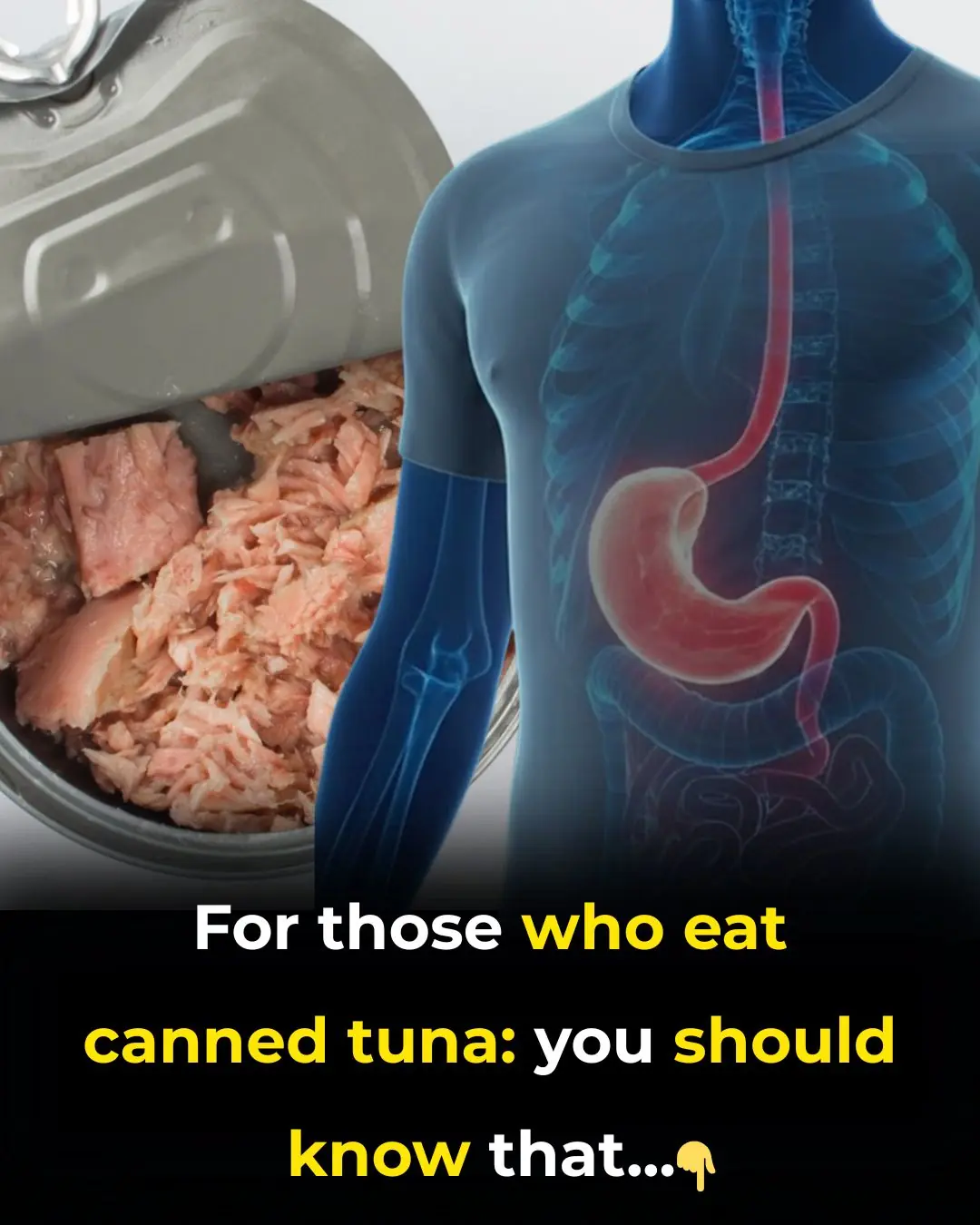
What Happens to Your Body When You Eat Canned Tuna Every Day
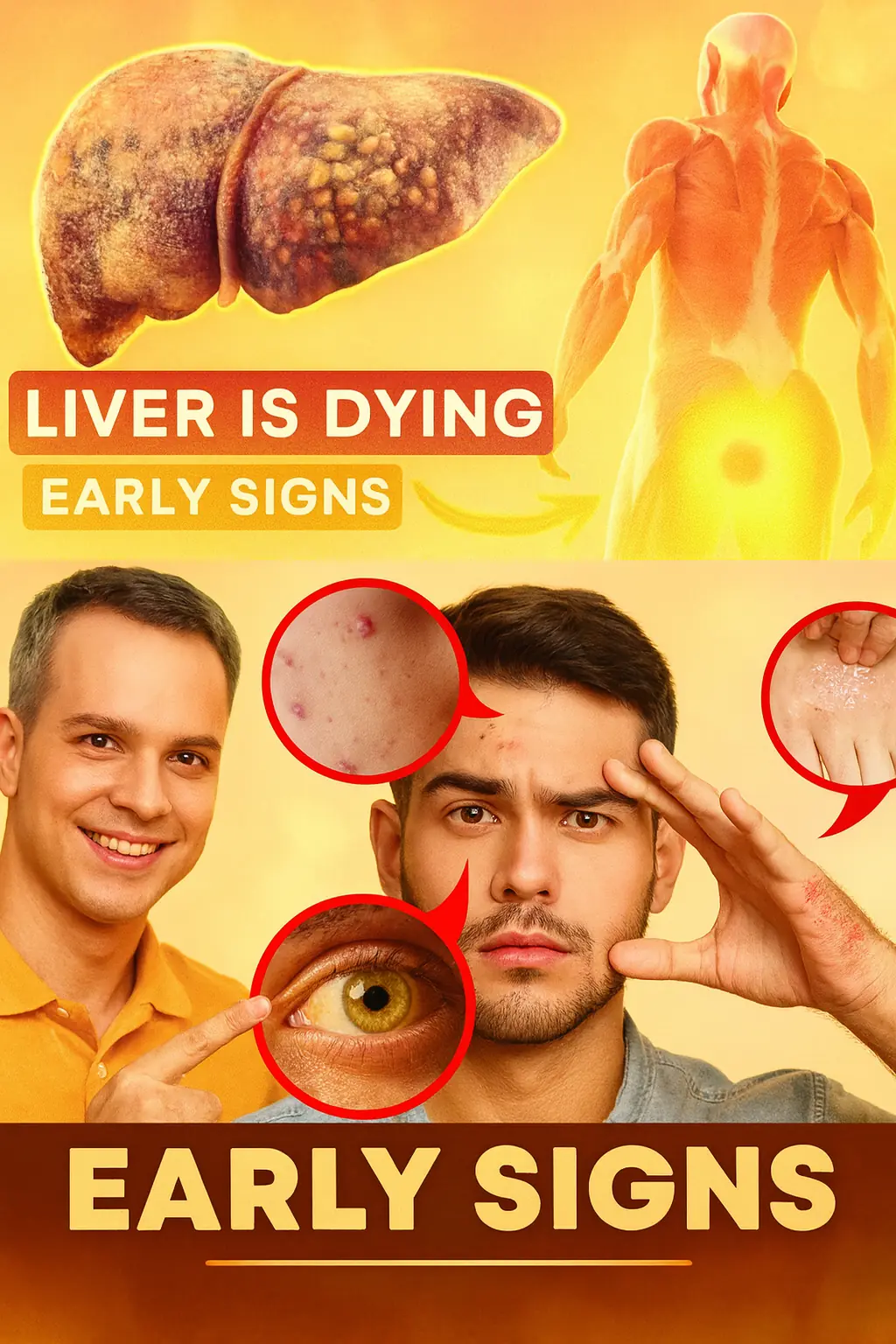
17 Warning Signs Your Liver Is Crying for Help
News Post

15-Year-Old Belgian Prodigy Earns PhD in Quantum Physics, Breaking Records

Acid Reflux (GERD): When Should You See a Doctor?

South Korea's Peaceful Protests: Unity, Justice, and Respectful Responsibility

Student Innovator Creates Affordable DIY Air Purifiers, Earning Millions in Funding

Reducing Meat Consumption: A Key Solution to Combating Climate Change

Hypothyroidism: The Silent Condition With Easily Overlooked Symptoms

Excessive Screen Time and its Impact on Toddler Brain Development: What Parents Need to Know

ould Plants “Cry Out” in Distress? New Discovery Reveals Plants May Use Sound to Communicate

Groundbreaking Gel Bandage Promises to Revolutionize Wound Healing, Replacing Traditional Stitches

A Timeless Bond: The Unseen Friendship of a Blind Cat and Its Loyal Companion

Umberto Eco's Timeless Warning: The Need for Digital Literacy in the Age of Social Media

3 pain areas on your body that might be early cancer warning signs

90 mcg of Vitamin K2 Slowed Plaque Buildup in Carotid Artery by More Than 55% in 9 Months

Shocking Simulation Shows Exactly What Happens To Your Body If You Quit Sugar For Seven Days

Boyfriend Wakes From Coma and Blames Girlfriend for Deadly Accident

A New Era of Near Vision Clarity Through VIZZ Eye Drops

Vaping harms your heart more than you realize

Ever Wake Up But Can’t Move

Gout Disease: The Untold Truth and 5 Common Treatment Mistakes
